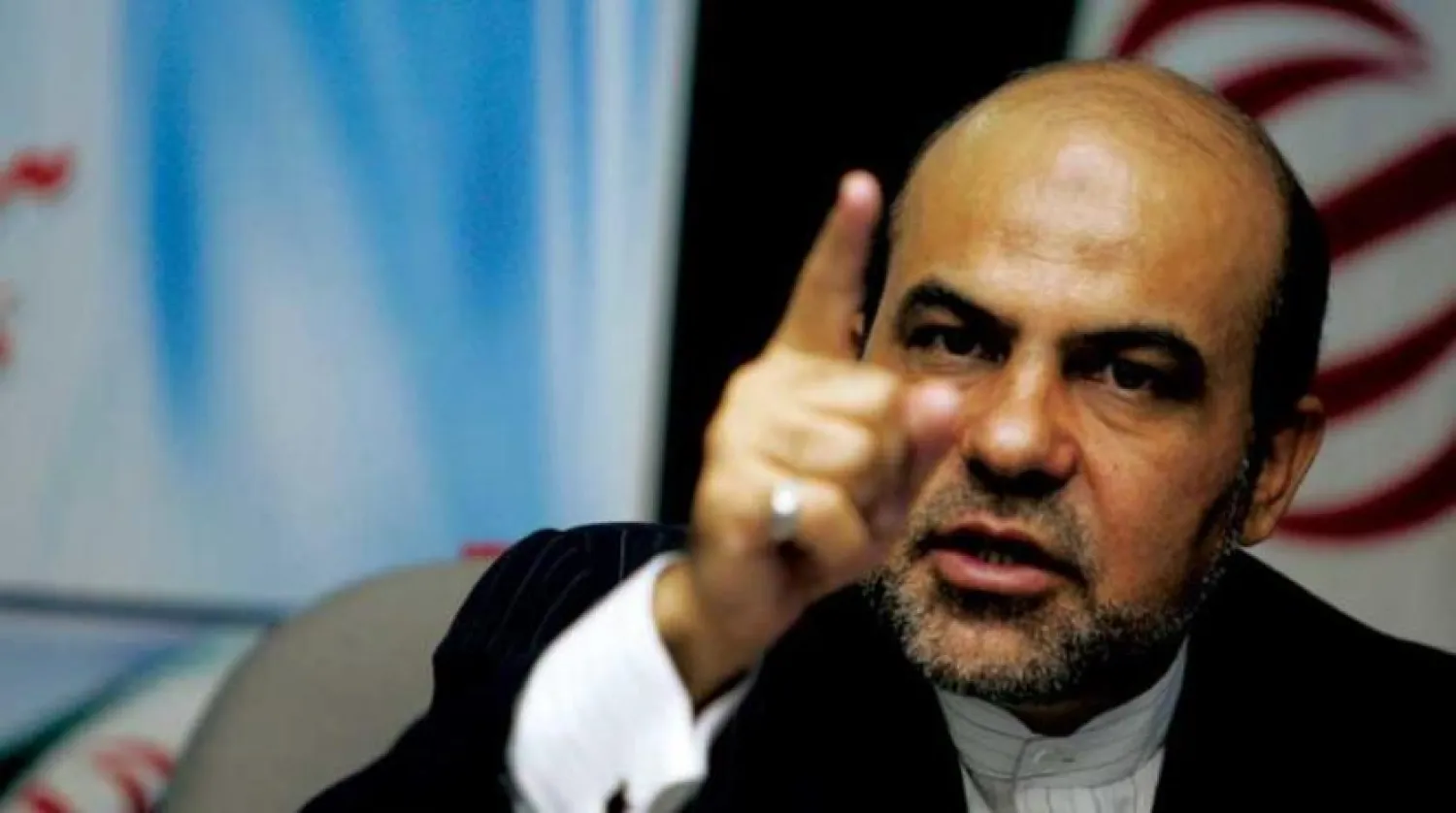The European Union joined on Sunday the widespread Western condemnation of Iran’s execution of Iranian-British national Alireza Akbari.
“The European Union condemns in the strongest terms the execution in Iran of Iranian-British national Alireza Akbari and recalls yet again its strong opposition against the application of capital punishment in any circumstance,” the EU said in a statement.
It added that the Union offers its condolences to Akbari’s family and expresses its full solidarity with the United Kingdom. “The execution of a European citizen is an appalling precedent that will be followed closely by the EU,” it said.
Akbari served as Iran's deputy defense minister during the tenure of former Iranian president Mohammad Khatami (1997-2005).
Iran executed him on charges of spying for Britain, defying calls from London and Washington for his release.
The EU on Sunday called on Iran to refrain from any future executions and to pursue a consistent policy towards the abolition of capital punishment.
The European statement came after the UK condemned the execution of Akbari and withdrew its ambassador to Iran for consultations.
British Prime Minister Rishi Sunak accused Iran of a “ruthless and cowardly act, perpetrated by a barbaric regime with no respect for the rights of its own people.”
British Foreign Secretary James Cleverly said on Saturday that Britain has imposed sanctions on Iran’s Prosecutor General, Mohammad-Jafar Montazeri, has summoned Iran's charge d'affaires and temporarily recalled its ambassador from Tehran for consultation in response to the execution.
It was also reported Sunday in British daily newspaper The Telegraph that London is reconsidering its support for the Iran nuclear deal.
Senior Whitehall sources said the “context” had changed significantly since the negotiation process began, and as a result Britain was currently reviewing its options regarding future involvement in the talks.
Meanwhile in Tehran, Akbari's execution was highlighted by some Iranian newspapers.
The official Kayhan newspaper called on Intelligence Minister Ismail Khatib to publish Akbari's confessions.
According to the Iranian judiciary, Akbari was sentenced to death on charges of corruption on earth and extensive action against the country's internal and external security through espionage for the British government's intelligence service.
The Iranian media had announced Akbari’s execution but did not say when it had taken place.
In an audio recording purportedly from Akbari and broadcast by BBC Persian on Wednesday, he said he had confessed to crimes he had not committed after extensive torture.
Commenting on the execution, Hossein Shariatmadari, the editor-in-chief of Iranian newspaper Kayhan, said: “There are questions about how this spy infiltrated the sensitive and strategic centers of the system, which should not be simply ignored.”
Shariatmadari lashed out at Western countries that condemned the execution, saying: “Now it is our turn to take revenge, and it is expected that the Ministry of Information will provide some information related to the leads, commanders, and agents of the British and Mossad intelligence services who were involved in technical interrogations and publish the expert knowledge obtained.”
This move, if undertaken quickly, he said, “would be a terrible blow to the body of the British spy system and its foreign intelligence and espionage department, MI6”.
Also, the Vatan-e Emrooz newspaper, which is close to the "Revolutionary Guard", headlined that the execution “had burned London," referring to the angry reactions of British officials.
For his part, Abdullah Ganji, the former editor-in-chief for Javan Newspaper, wrote in a tweet that the British embassy recruited the spy Akbari and fabricated a stroke scenario to get him out of the country.
“This embassy is as effective as the US embassy, and it should be called den of espionage No. 2,” he wrote.
Iran's Minister of Tourism and Cultural Heritage, Ezzatollah Zarghami, was the first Iranian government official to comment on the execution of Akbari.
Zarghami in a tweet on Saturday he wrote that "Alireza Akbari's fate was a bitter experience for the regime,” saying that “I am worried about the repetition of this process.”









